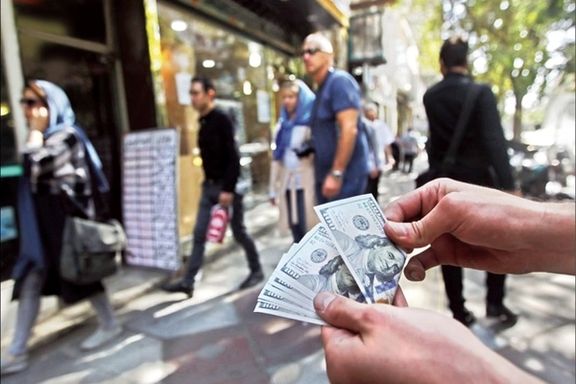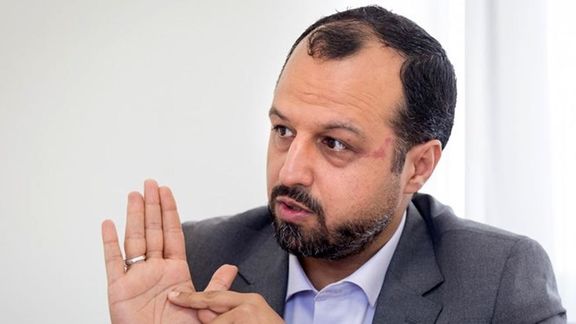Iran Wants To Stop Billions Of Dollars In Capital Flight

Iran’s government will announce new regulations and act to stem the tide of large and sustained capital flight, the economy minister announced Thursday.

Iran’s government will announce new regulations and act to stem the tide of large and sustained capital flight, the economy minister announced Thursday.
Iran continues to face oil export and international banking sanctions imposed by the United States and a considerable chunk of its foreign currency revenues are invested abroad by those who make money in the beleaguered economy.
Estimates range from 10-15 billion dollars of capital leaving Iran every year, while the country has been under various sanctions for more than 10 years since 2010. Its oil income dwindled from a $100 billion in 2009-2010 to less than $20 billion in 2019, derailing all development plans and creating huge budget deficits.
When the United States withdrew from the Iran nuclear deal in 2018 and re-imposed sanctions, some reports spoke of around $30 billion leaving the country during that year by people who lost confidence in the economy.
The Minister of Economy and Treasury Ehsan Khandouzi says the government and the Central Bank of Iran (CBI) will come up with solutions to reduce capital flight, although he has not explained how.
Iranian businesses and individuals use at least two methods to either take capital out or keep their earnings abroad.

The first pertains to those who have legitimate export or import businesses and receive government dollars at preferential rates, to buy raw materials abroad. There have been accusations that some of that money sent abroad to finance imports, is diverted to foreign bank accounts or invested in other countries. Another loophole is that exporters who are supposed to bring their earnings back do so only partially and keep the rest abroad.
Another way is simply buying dollars and other foreign currencies on the black market and sending it abroad through a very fast, flexible, reliable and cheap informal network of money changers – much like the famous ‘hawala’ system well known in West Asia. One could give a million dollars to a money changer in Tehran and for a fee the funds will be delivered to any foreign country.
Khandouzi told the local media that during the past Iranian calendar year, (March 2021-March 2022) the country’s capital account deficit reached $7.5 billion, a red flag indicating capital flight.
To put in perspective, if Iran would earn $40 billion from oil exports amid US sanctions and $10 billion left the country as fleeing capital, one could argue that foreign earnings were in fact 25 percent less.
It should also be noted that Iran attracts virtually no foreign capital or investments, due to uncertainties and instability generated by its tense foreign relations and the nuclear dispute with the West.
Some of the foreign currency leaving Iran is invested by individuals to buy homes, primarily in Turkey. According to official Turkish government figures, Iranians bought more than 10,000 residential units in 2021. If the average price of each unit was $150,000, Iranians spent $1.5 billion on housing investments in Turkey alone. They also buy homes in the United Arab Emirates, Europe, Canada and the United States.
Among these people many must be government officials or work closely with the government, given the fact that 80 percent of Iran’s economy is owned by the state, quasi-governmental entities and foundations controlled by the ruling elite.